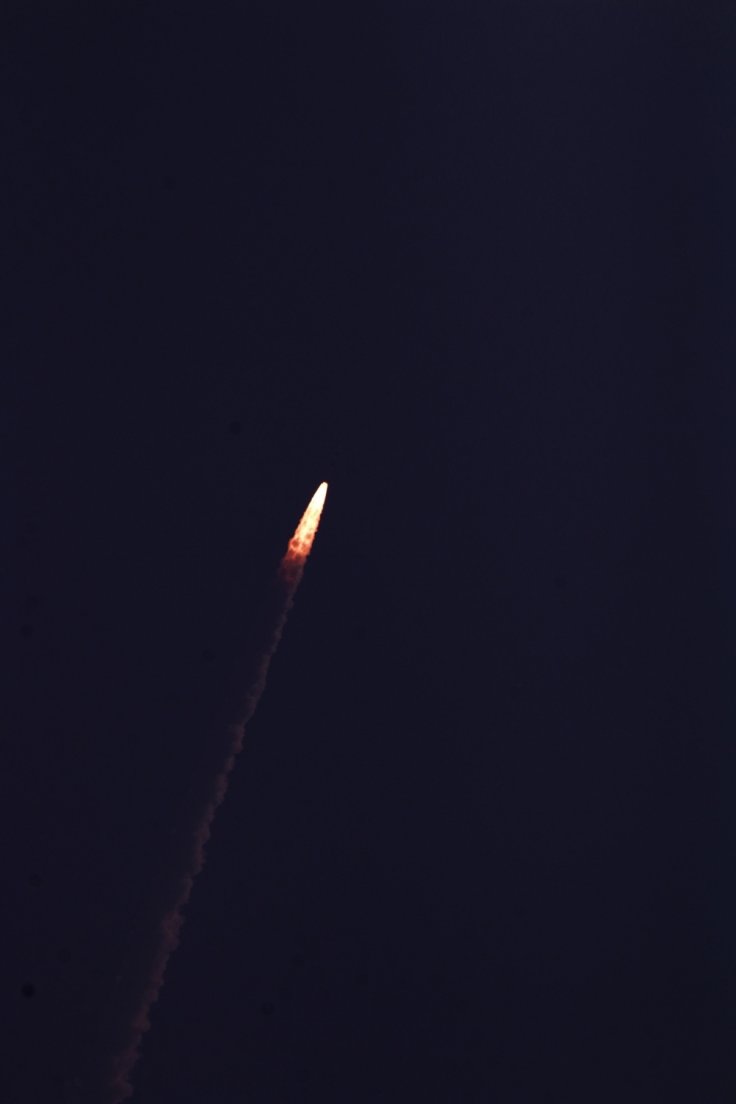
India's PSLV has successfully launched a British satellite, having a high-definition colour video camera, along with Cartosat-2F and 29 other satellites on January 12. The Big Brother video satellite of Guildford-based Company Earth-i could capture images of objects as big as 26 inches (65cm) on earth.
The prototype camera can capture high definition videos of individual people from its high orbit. The device is capable of working continuously work for 2 minutes and can be used for tracking moving cars and ships. This functional ability will also be useful for monitoring urban traffic flow and to make maps during any natural disasters to provide reliefs for stranded people.
The satellite will fly at a height of 505 km (314 miles) collecting every minute details. It could even create 3-dimensional images of an object. The camera will be able to collect 50 frames of an image per second, which would provide enough information to enhance an image resolution between 65 cm (26 inches) to 75 cm (30 inches).
The satellite made its first contact with its controllers within few hours after reaching orbit. The British company has launched the satellite as a test version for its upcoming satellite constellation of 5 satellites. The constellation is known as Vivid –i and is first of its kind to give full-color, high definition images and videos from space.
Ei plans to send its initial batch of five camera satellites by the end of 2019. The company would later send five spacecraft annually.
The company has officially declared that it is presently researching and testing the technology and data services for the Vivid-i Constellation using still and video imagery from the Big Brother prototype.
PSLV has successfully launched 28 foreign satellites including 25 nanosatellites and 3 microsatellites. Apart from it the vehicle also carried one micro and one nanosatellites for India. The combined weight of the micro and nano satellites accounts for 613 kg out of total payload weight of 1,323 kg. The Cartosat-2f weight around 710 kg during its launch.
The foreign satellites include from six countries -- Canada, Finland, France, Republic of Korea, UK, and the US. Indian space agency aims at series of satellites launches for the next 6 months with its PSLV workhorse.
The current mission is a major comeback for PSLV as it was laid aside for 4 months after it failed to launch IRNSS-1H, the eighth satellite of the Indian Regional Navigation Satellite System on August 31, 2017. The launch vehicle had undergone thorough testing and investigations prior to the launch on Friday.
PSLV, considered the most trustworthy launch vehicle of India, holds the record for launching 104 satellites to its orbits in one go in June 2017. It has also been credited for 39 consecutively successful launch missions until August 2017. India's Moon mission Chandrayaan-1 and Mars mission Mangalyaan-1 were launched by PSLV.









